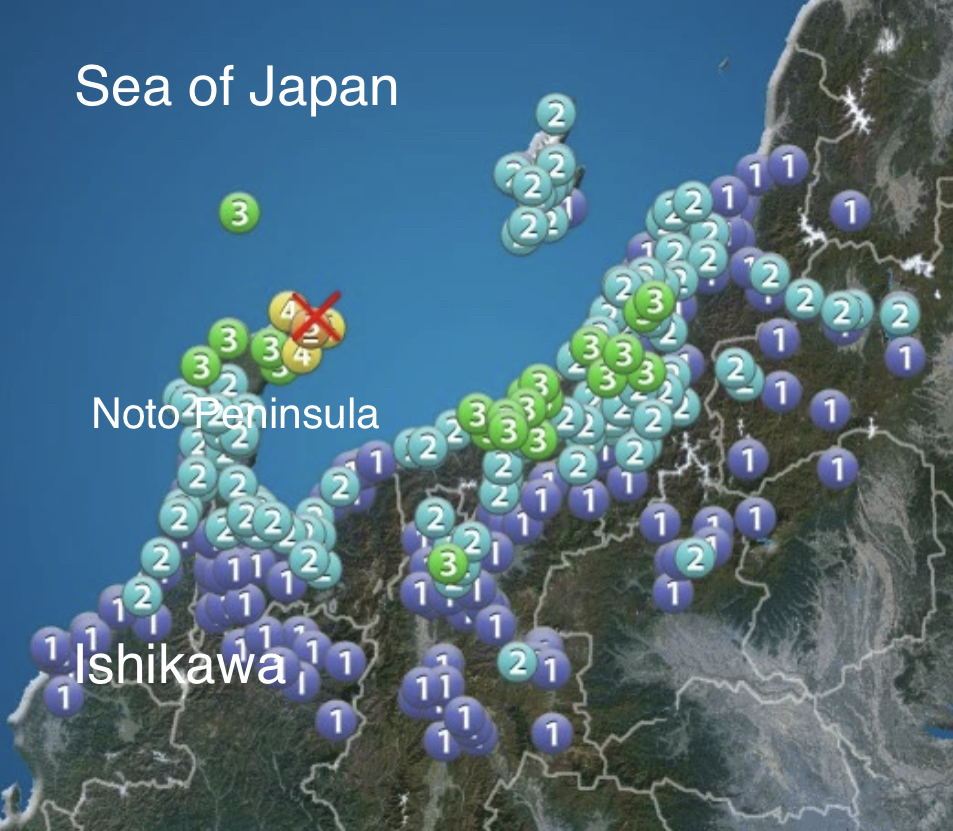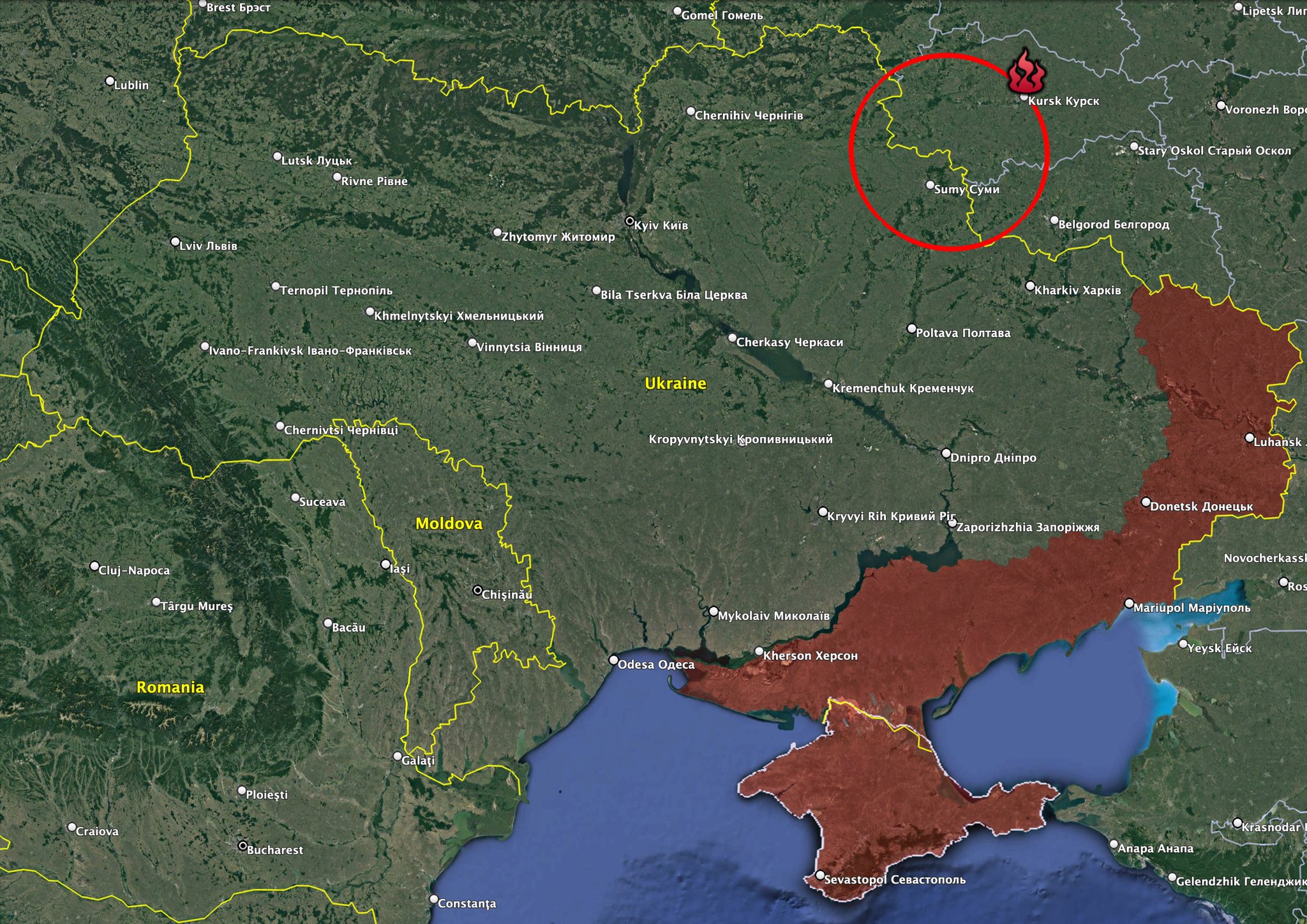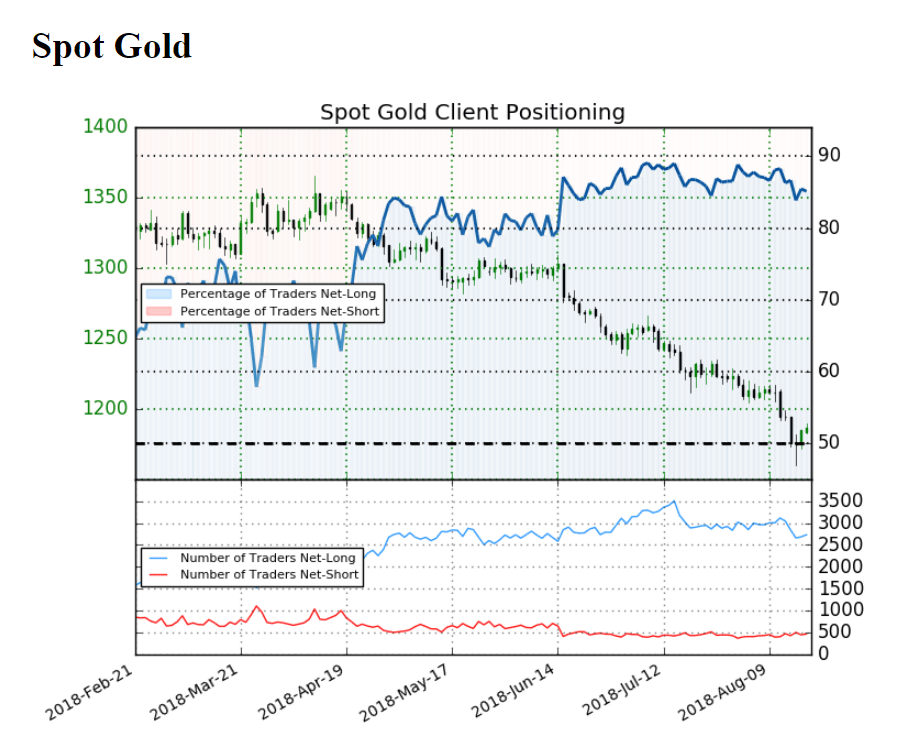Friends, let’s call it what it is: a full-blown retreat. The Biden administration quietly blinked last night, issuing waivers on tariffs for key tech goods like smartphones, laptops, and crucial semiconductors. This isn’t some calculated policy adjustment; this is damage control, pure and simple.

University of Chicago political science professor Robert Guttman didn’t mince words, stating the administration felt the “pain points” from the ripple effects of their own tariff policy. And economist Jared Bernstein laid it bare: the Trump-era tariffs are actually hurting the U.S. economy.
Let’s break down why this matters. Tariffs, while seemingly straightforward, rarely hit their intended target without significant collateral damage. They’re blunt instruments in a surgical world.
Firstly, tariffs increase the cost of goods for consumers and businesses – simple economics. Secondly, they disrupt supply chains, leading to inefficiencies and uncertainty.
But here’s where it gets really scary – Bernstein warns that if these effects spread to the bond market, we’re looking at a potential systemic collapse and a global financial crisis. This isn’t fear-mongering; it’s a cold, hard assessment of risk.
The market is already sending signals, and Washington is finally listening, albeit belatedly. This waiver is a desperate attempt to prevent a self-inflicted wound from becoming a full-blown economic hemorrhage. The question remains: is it too little, too late?
Understanding the Tariff Threat – A Quick Primer:
Tariffs are taxes imposed on imported goods. The aim is to make imported goods more expensive, protecting domestic producers.
However, the law of unintended consequences often prevails. Retaliatory tariffs from other nations can escalate trade wars.
These trade conflicts disrupt global supply chains, impacting businesses and consumers. Increased costs can lead to inflation and slower economic growth.
Finally, a loss of confidence in the stability of the financial system can trigger market volatility and even a full-blown crisis.





